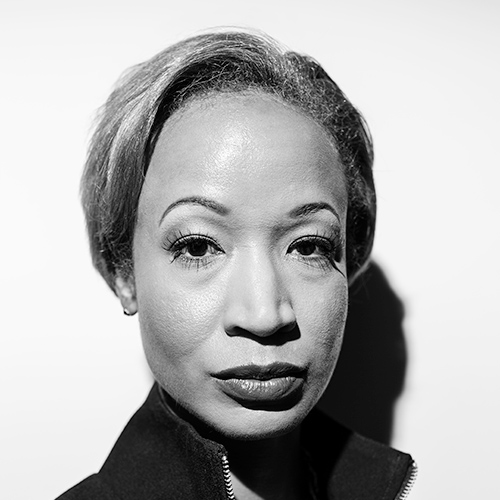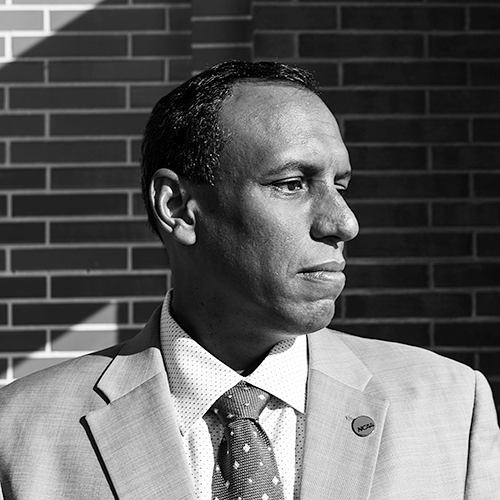Before joining Robert W. Baird & Company, Brian Trexell had never taken a securities course in his life. Seventeen years later, he says he couldn’t imagine being anywhere else. When asked the main reason he has stayed with the employee-owned financial services firm for the bulk of his career, Trexell’s reply is straightforward.
“I like working with and helping my colleagues and our clients,” he says.
As senior associate general counsel and managing director, Trexell has plenty of opportunities to work with people. He oversees all of Baird’s litigation, which also means he works with more than 800 financial advisors and their clients just on the brokerage side of the company. Despite the daunting quantity of people he is working with, he knows keeping these relationships in good standing and allowing financial advisors and business unit leaders to call him directly—even if it means pulling him away from a birthday dinner—is the difference between Baird and a large warehouse.
“I enjoy getting to know my internal clients on a social level as well,” he says. “You get a better feel for who they are and it also builds trust.”
In addition to the face-to-face meetings, Trexell has no qualms with providing his cell and home phone numbers and urges his clients to call him as necessary. He says the key is being able to listen to your client.
“Oftentimes, we are a sounding board,” he says. “When you have a financial advisor who has a customer complaint or is named in a lawsuit, it can be a real anxiety-filled situation. So you need to be the calming voice and assure the financial advisor that we are here to support you.”
Providing this type of support to its clients is one of the reasons Baird has been recognized by the likes of Thomson Reuters and Fortune magazine. In 2016, the company took the number-six spot on Fortune’s 100 Best Companies to Work For list, which makes it Baird’s third consecutive year in the top ten. Baird has been acknowledged many times as an exceptional workplace, and Trexell’s time with the company is a testament to these accolades.
“You are given a lot of opportunity,” he says. “We’re a flat organization. I was here for just over two years and I was given the opportunity to be the lead attorney on the largest case that came in.”
Trexell believes Baird also sets itself apart from others in the incredible generosity and compassion of its associates, as well as the firm’s support of charitable endeavors. Baird has long supported organizations such as the Make-A-Wish Foundation of Wisconsin, for which Trexell was a board member for six years and board chair for two. The firm also provides additional paid time off to every associate to do community service and charitable work.
The firm’s various recognitions are also attracting new blood. Since 2011, Baird has increased its staff by 26 percent. The company’s rapid expansion also affects Trexell’s job. In addition to his litigation role, Trexell oversees the legal role in associate recruiting and the on-boarding process. One of the firm’s key initiatives is working to attract more diverse talent.
“We are starting at the grassroots level and making sure our intern classes are more diverse,” he says, adding that it’s important to educate other associates on the business case for diversity. “People oftentimes confuse diversity with a quota system, but that’s not it.”
Bringing in diverse talent isn’t just a challenge for the company, but a challenge faced by the entire industry.
“Clients want to feel something in common with their financial advisors, and with the data showing the significant wealth transfer to women and minorities, as well as population trends, it is important to have a diverse team to meet client needs and expectations.”
Trexell also thinks of his own two daughters as well. “I want [Baird] to be a place and an industry for them to be comfortable working in.”
In addition to challenges posed by hiring, Trexell says he also works to solve challenges faced by regulations in one of the most litigious countries in the world. His advice for staying abreast and compliant with these regulatory changes circles back to maintaining good relationships and communication with others. He and his colleagues serve on various industry committees, and he also relies on outside counsel to pass along relevant information. The door swings both ways.
“There’s a lot of communication that is getting pushed out, and we all share that information with one another,” Trexell says.


